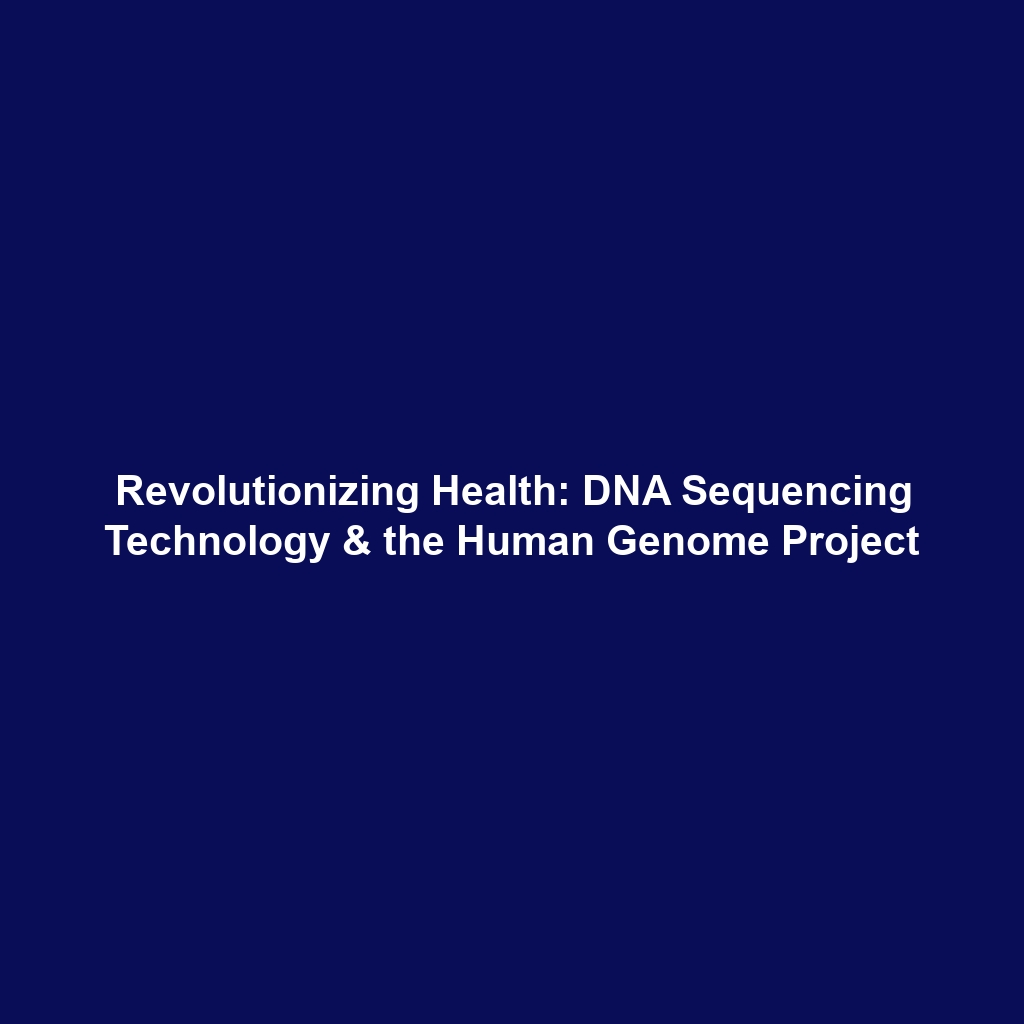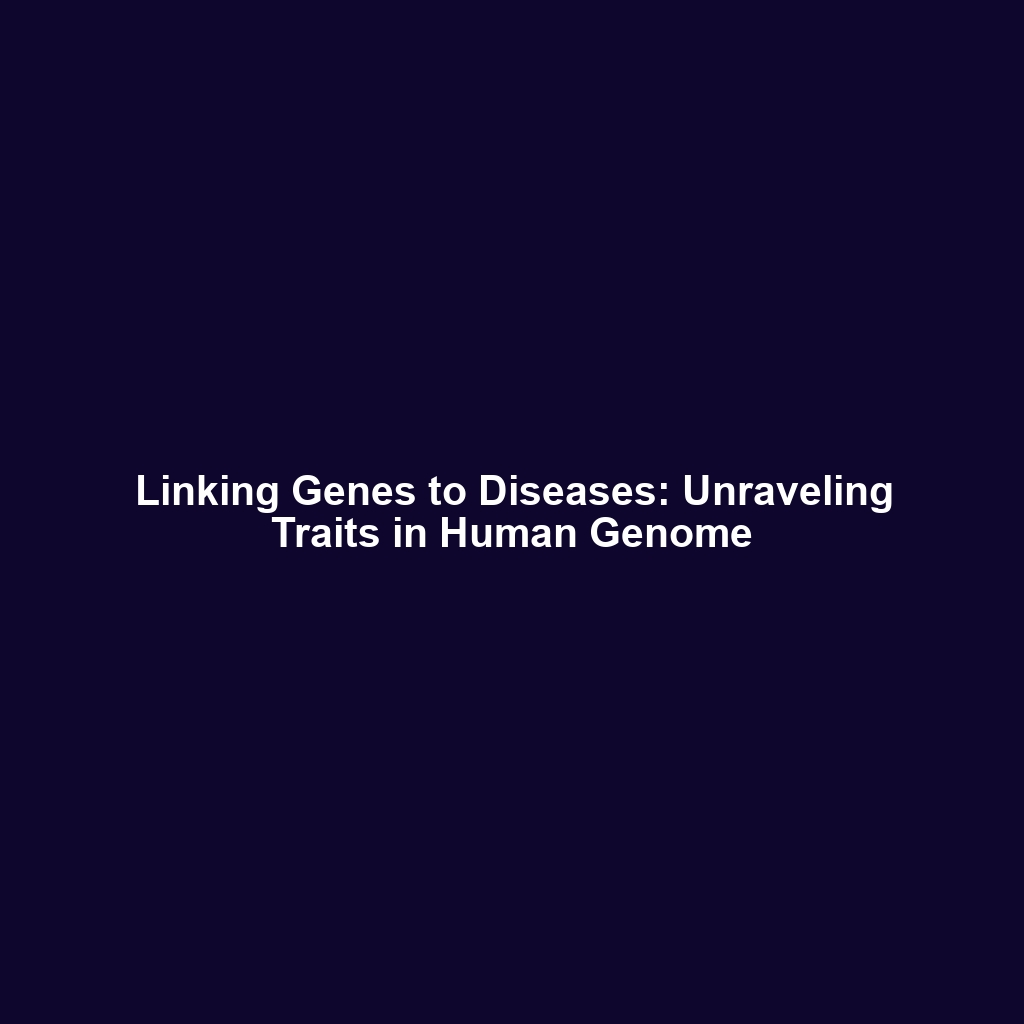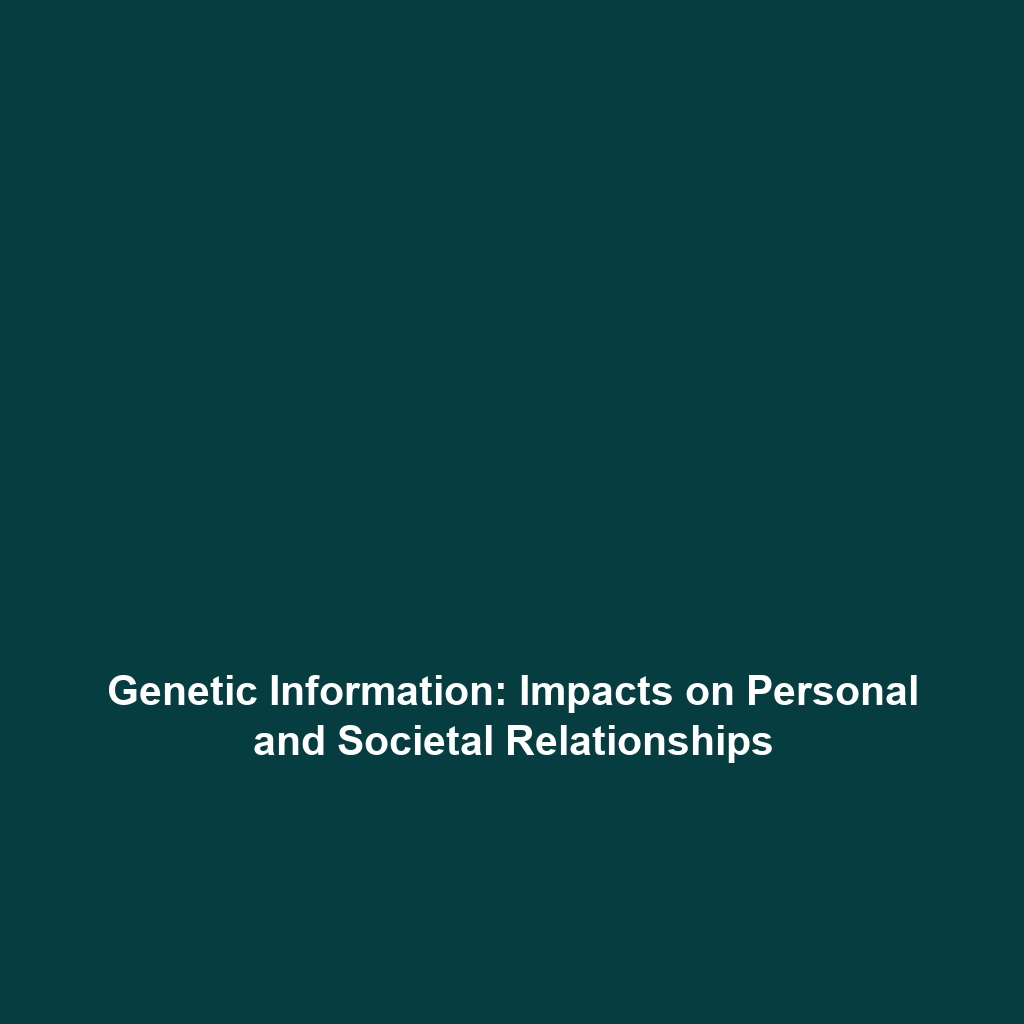Funding and Infrastructure: A Pillar of the Human Genome Project
Introduction
The Human Genome Project (HGP) is a groundbreaking initiative aimed at mapping the entire human genetic blueprint. A critical aspect of its success lies in the substantial funding and robust infrastructure provided by governmental organizations such as the National Institutes of Health (NIH) and the U.S. Department of Energy. Their support has not only facilitated extensive genetic research but has also paved the way for discoveries that influence medicine, genetics, and biotechnology, making them central to the achievements of the HGP.
Key Concepts
Understanding the funding and infrastructure behind the Human Genome Project involves several key concepts:
- Government Support: The NIH and the U.S. Department of Energy played fundamental roles in providing financial resources and strategic direction.
- Collaborative Infrastructure: The project required a collaborative approach between various research institutions and laboratories, creating a network of expertise and technology.
- Open Access Policies: Early on, the HGP set a precedent for sharing genomic data openly, which facilitated international collaboration and faster progress in the field.
Applications and Real-World Uses
The infrastructure and funding behind the Human Genome Project fostered numerous applications that benefit society today:
- Medical Research: Insights gained from the HGP have led to advances in personalized medicine, enabling tailored treatments based on an individual’s genetic makeup.
- Genetic Testing: The development of tests for genetic disorders and predispositions has been made possible through the foundational work of the HGP.
- Biotechnology Innovations: HGP’s funding has supported the creation of biotechnological tools used in various fields, including agriculture and environmental science.
Current Challenges
Despite the successes, several challenges persist in leveraging funding and infrastructure within the context of the Human Genome Project:
- Funding Sustainability: Securing continued funding is a challenge amidst changing political and financial landscapes.
- Data Privacy: Protecting participant data and maintaining ethical standards in genetic research poses significant challenges.
- Infrastructure Adaptability: Adapting old systems to new technologies and research methods can be a hindrance to progress.
Future Research and Innovations
Looking forward, the role of funding and infrastructure in the Human Genome Project is poised for expansion, with potential breakthroughs including:
- Next-Generation Sequencing: Innovations in sequencing technology promise to reduce costs and improve data accuracy.
- Integrative Genomics: Combining genomic data with emerging fields such as artificial intelligence can lead to revolutionary insights.
- Public-Private Partnerships: Increased collaboration between governmental and private sectors may unlock new funding avenues and technology access.
Conclusion
The importance of funding and infrastructure cannot be overstated in the realm of the Human Genome Project. Supported by vital organizations such as the NIH and the U.S. Department of Energy, these components have established a foundation for significant scientific advancements. Continued investment and innovation will further the potential of genetic research to transform healthcare and our understanding of human biology. For further exploration, consider reading about the applications of genomics and the future of genetic research.







